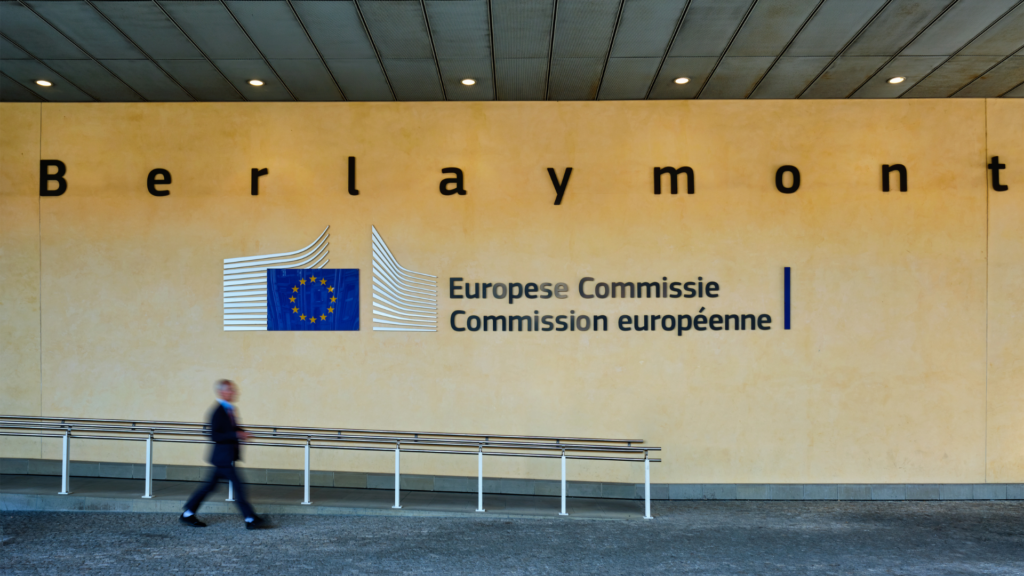Navigating the EU
Objectives
Looking in from the outside or arriving to work in Brussels for the first time, the EU – its institutions, procedures and jargon – can be difficult to make sense of. Your role may require you to negotiate on behalf of your government with or in the EU. But what does that mean in practice? This course aims to get you familiar with the EU’s institutions, legislative and voting procedures, its jargon, its political and policy agenda. You will learn how MEPs as well as member state governments influence outcomes. You will understand how the EU manages its relationships with other countries. And you will come to see who matters in specific circumstances. In this way, the course will develop your ability to operate effectively both in Brussels and other EU capitals so as to influence outcomes that matter to your government or organisation.
Learning outcomes The negotiating module will have given them the ability to use a range of techniques to help them negotiate successfully at and away from the EU’s negotiating table as well as the confidence to use, to flex and to exploit their own personal negotiating style.
Participants will have acquired a confident understanding of how the EU works in practice, of its institutions, policy-making and legislative procedures as well as of who matters in what circumstances.
Methodology The negotiating module can be separated from the rest of the training. It is only delivered face-to-face over two full working days. A little theory is illustrated and reinforced by a range of simulation exercises based on topical, real-world scenarios in which each participant negotiates to secure the best outcome for whoever they represent. Online training can be delivered on Zoom, MS Teams or Webex. DSL has the licences to setup the sessions. Participants receive information and details for joining.
Navigating the EU can be delivered face-to-face in one day or online over two half days (see FAQs). PowerPoint presentations will animate discussion. Practical exercises in groups and team quizzes using online tools such as Slido, Paddlet and Miro as well as printed handouts will reinforce the learning. No prior knowledge is assumed.
Our trainers have first-hand experience of working on EU affairs for their governments at the highest level in Brussels and other EU capitals. They also bring deep experience of sharing their skills in training courses delivered for officials from several EU member states (Lithuania, Estonia, Finland and Slovenia), in EU candidate and other ‘third’ countries (Georgia Ukraine, Armenia, Kenya, Egypt, Ethiopia, Iraq, Kazakhstan, Brazil, Albania, Montenegro, Serbia, North Macedonia, Bosnia & Herzegovina, Kosovo and the United Kingdom), as well as from regional governments (Catalunya).


